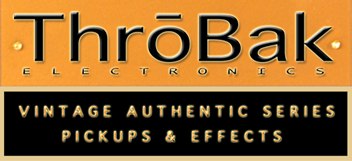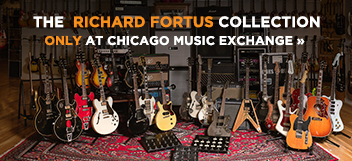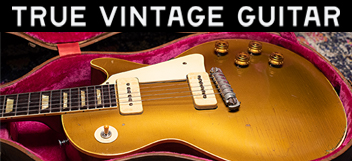Xpensive Wino
Well-known member
- Joined
- Nov 3, 2012
- Messages
- 6,079
How old were '50s bursts in, say, 1965-71?
Seems like they sounded fine on the recordings made back then, and the wood wasn't "old", was it?
Seems like they sounded fine on the recordings made back then, and the wood wasn't "old", was it?




